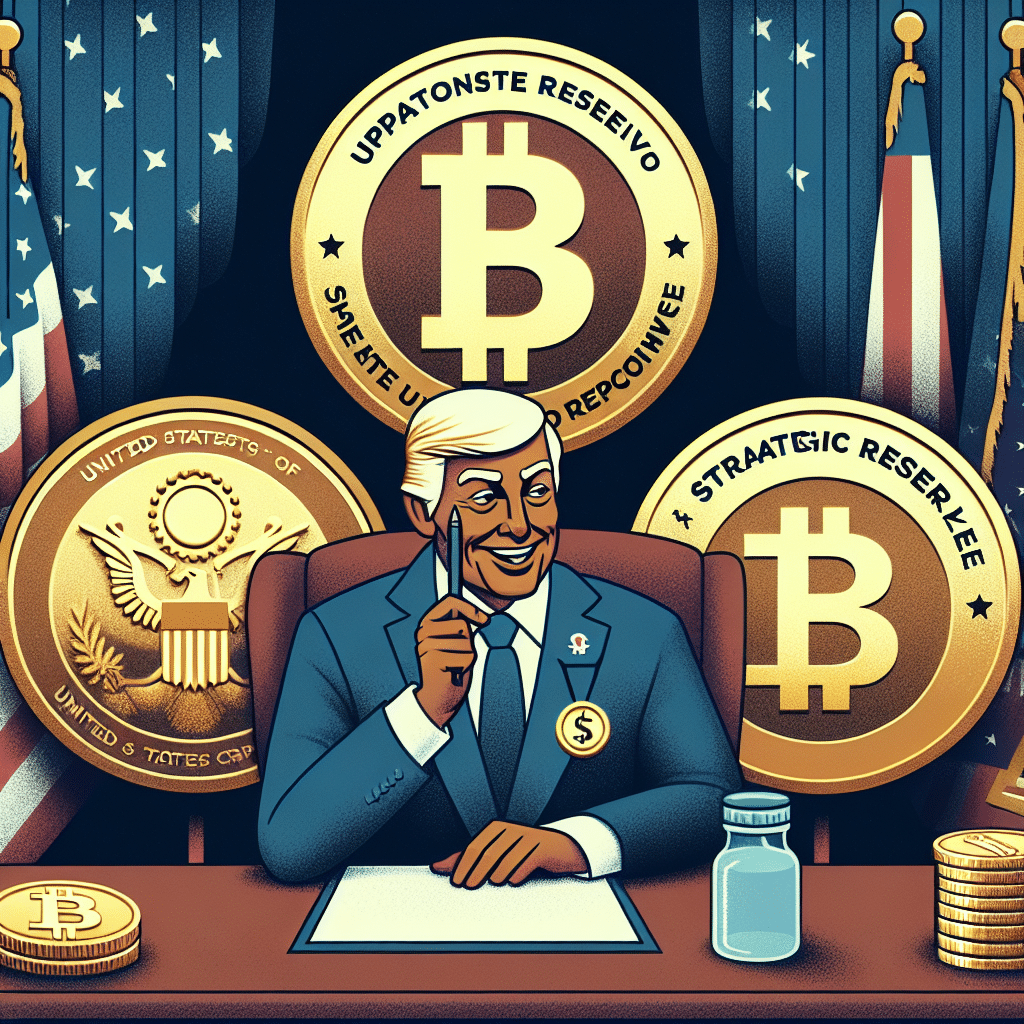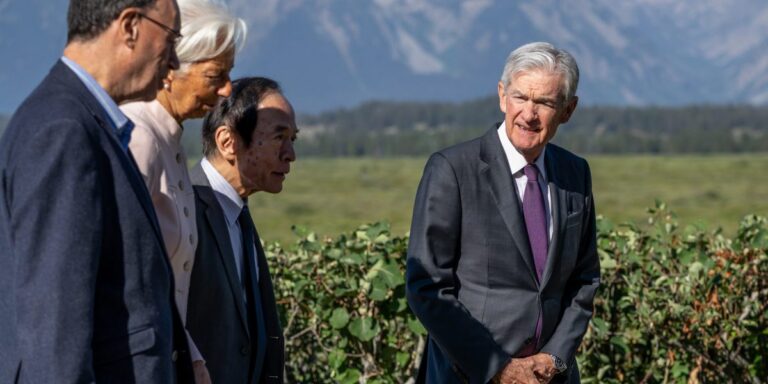[adrotate group="2"]
Key Takeaways
- Donald Trump is open to the possibility of creating a strategic reserve utilizing US-based digital assets including Solana, USD Coin, and Ripple.
- The proposed changes might involve appointing officials favorable to cryptocurrency and putting an end to debanking practices that impact cryptocurrency startups.
Share this article
President-elect Donald Trump is increasingly considering the idea of creating an “America-first strategic reserve” that would prioritize digital assets produced in the United States, such as Ripple, Solana, and USD Coin, according to a report from the New York Post citing informed sources.
Trump has expressed interest in this concept during discussions with the founders of these digital projects, although there are concerns that this could potentially compromise Bitcoin’s dominance in the market.
On a cautious note, there is a prevailing sense of optimism that these developments might ultimately favor the cryptocurrency industry as a whole.
Establishing a national Bitcoin reserve remains one of Trump’s major commitments to the crypto space. There is growing anticipation that the U.S. will soon pursue this goal, prompting public companies to begin acquiring Bitcoin as part of their reserves.
Efforts at the state level are also in progress. For instance, Oklahoma Representative Cody Maynard has recently proposed the Strategic Bitcoin Reserve Act, which would authorize the State Treasurer to invest state funds into crypto assets, including Bitcoin and stablecoins. This initiative is part of a broader movement aimed at establishing strategic crypto reserves across various states, including Texas, Pennsylvania, and Ohio.
Metaplanet CEO Simon Gerovich predicts that if Trump succeeds in establishing a strategic Bitcoin reserve, it could encourage Japan and other Asian countries to implement similar measures.
Plans for Executive Orders Focused on Cryptocurrency
The incoming administration is reportedly preparing to issue executive orders that will emphasize cryptocurrency initiatives, according to the Washington Post. These may encompass the creation of a Bitcoin reserve and the abolition of debanking practices often referred to as “Operation Choke Point 2.0.”
However, NYDIG suggests that since future administrations could easily reverse these orders, creating a strategic Bitcoin reserve via executive action may lack the long-term stability that many stakeholders desire.
Legislation like the BITCOIN Act, introduced by Senator Cynthia Lummis, could provide a more permanent framework for the reserve, as noted by NYDIG.
This would help ensure its durability against changing political leadership, although the legislative process might take longer due to the complexities involved and potential delays in Congress.




